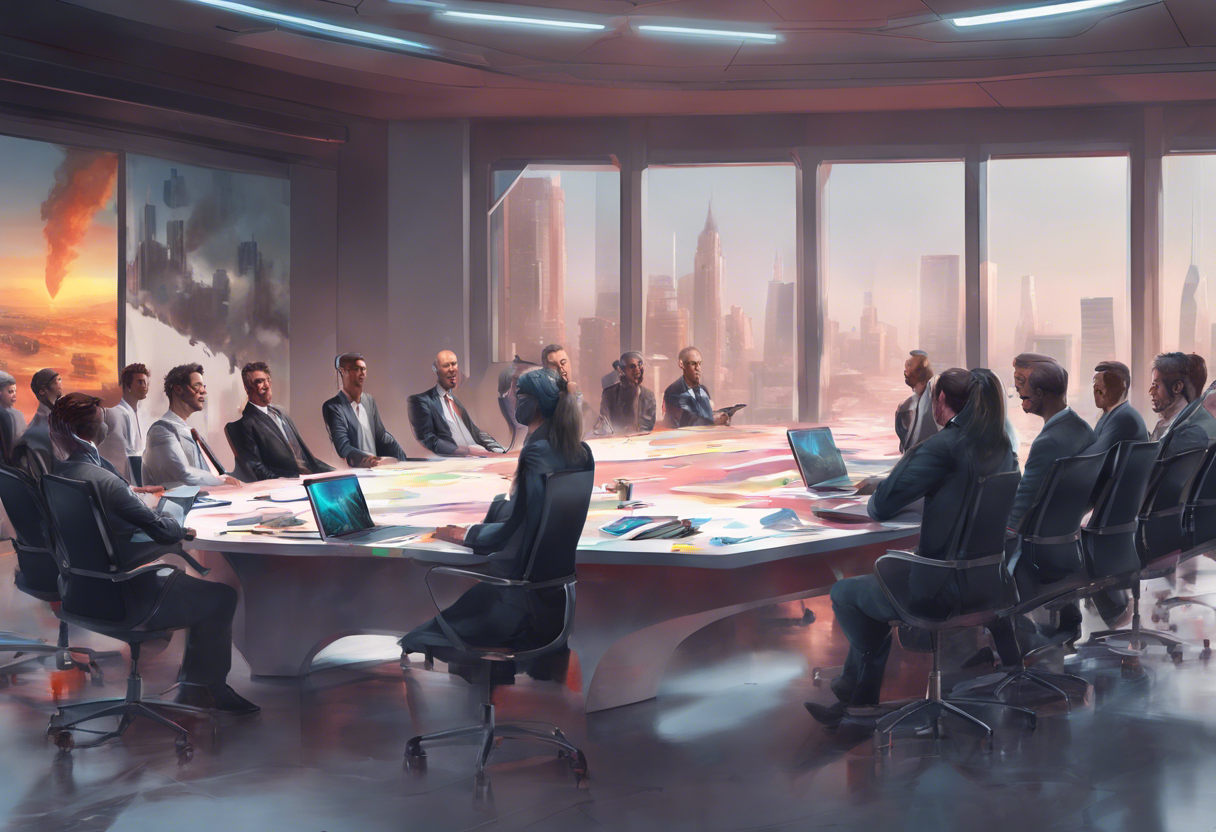
As ChatGPT, OpenAI's groundbreaking chatbot, celebrates its first birthday, it's clear that the past year has been marked by phenomenal achievements, controversies, and the overarching impact of generative AI on various industries.
1. Human-Like Responses, No Human Emotions
In response to birthday wishes, ChatGPT clarified its lack of feelings or consciousness, highlighting its nature as a computer program. Despite this, its remarkably human-like responses have captivated millions of users worldwide, sparking discussions about the role of AI in society.
2. Unprecedented Growth Amid Boardroom Turmoil
ChatGPT achieved the title of the fastest-growing software application globally within six months of its launch. However, its parent company, OpenAI, faced internal challenges with a tumultuous boardroom battle involving the sudden ouster and return of CEO Sam Altman.
3. Dominance in the Face of Rising Competition
While competitors like Bard, Anthropic's Claude, Character.AI, and Microsoft's CoPilot have gained traction, ChatGPT maintains its lion's share of the market. Its influence led to the emergence of rival chatbots from major players like Microsoft, Alphabet, and various startups securing billions in funding.
4. Impact on Industries and App Downloads
Generative AI, fueled by ChatGPT's success, disrupted industries such as cloud computing, customer service, movie editing, and screenplay writing. The introduction of the chatbot application on Apple's iOS and later on Android saw a steady increase in downloads, contributing to OpenAI's revenue from in-app purchases.
5. The Winners of the AI Boom
Nvidia emerged as a key player, becoming the first and only chip company to join the $1 trillion valuation club. Its position as a primary chip supplier for ChatGPT and other generative AI applications solidified its status as the biggest winner of the AI boom. Additionally, cloud computing service providers like Microsoft, Amazon, and Alphabet experienced a surge in shares as these applications predominantly run on the cloud.
6. Billions Poured into AI by Big Tech
ChatGPT's launch triggered massive investments from major tech players, with Microsoft and Alphabet leading the charge. These investments aimed to enhance cloud computing capabilities and accommodate the increasing demand for AI workloads as businesses increasingly adopt such tools.
7. Controversies and Legal Challenges
OpenAI and Microsoft faced legal challenges from copyright owners, including prominent authors like John Grisham, George R.R. Martin, and Jonathan Franzen. Allegations of the misuse of their work to train AI systems have been vehemently denied by the companies, adding a layer of controversy to the otherwise triumphant journey of ChatGPT.
As ChatGPT enters its second year, the landscape of generative AI continues to evolve, promising further advancements, challenges, and ethical considerations for the future.